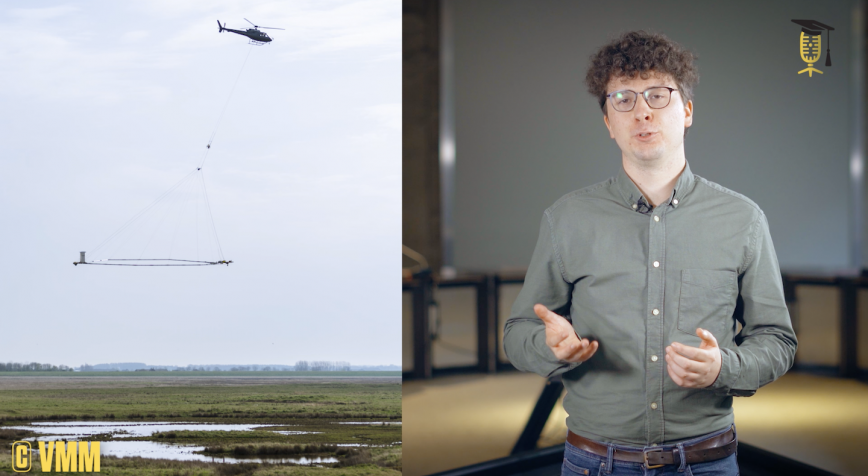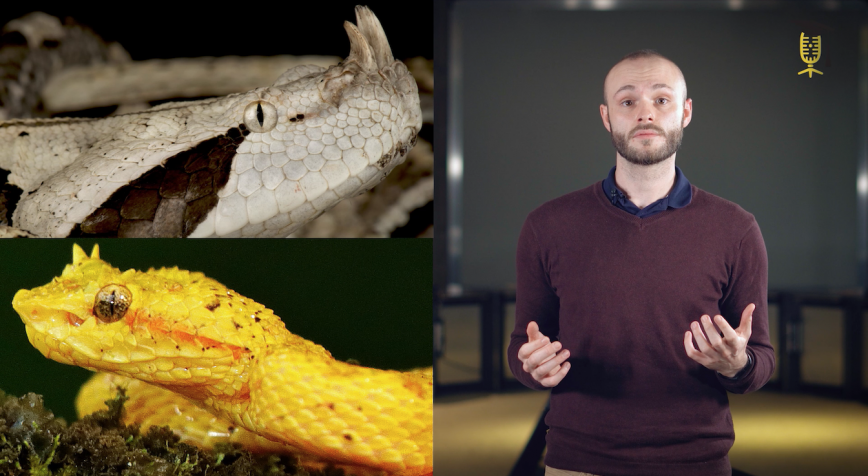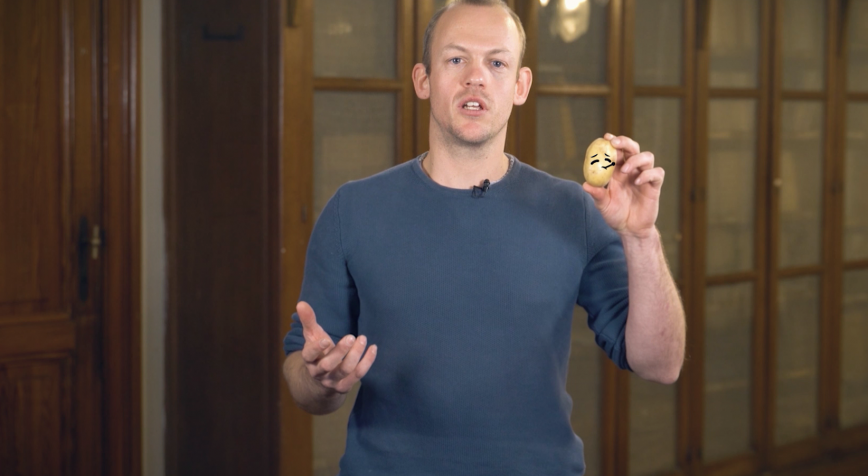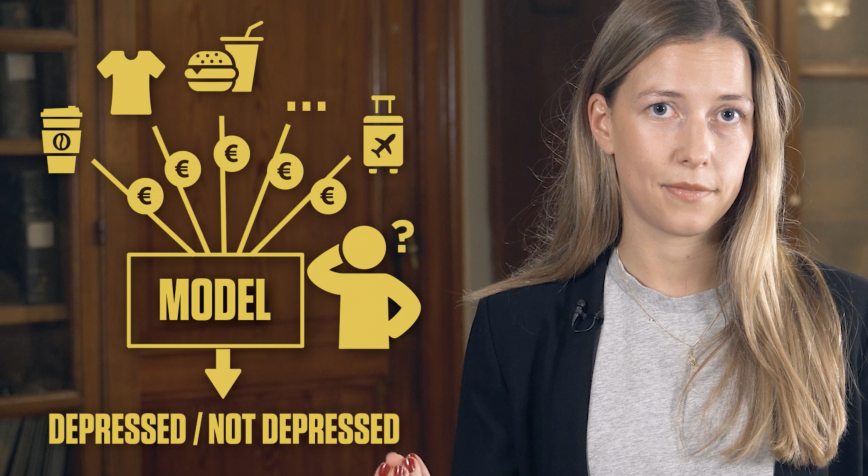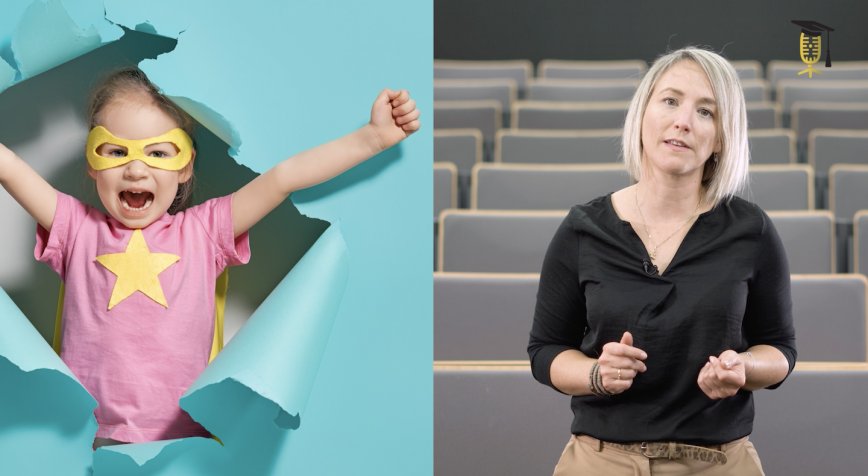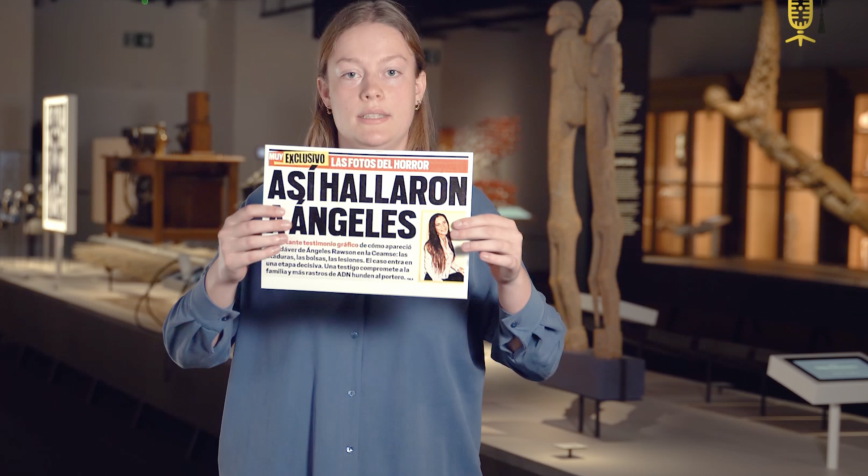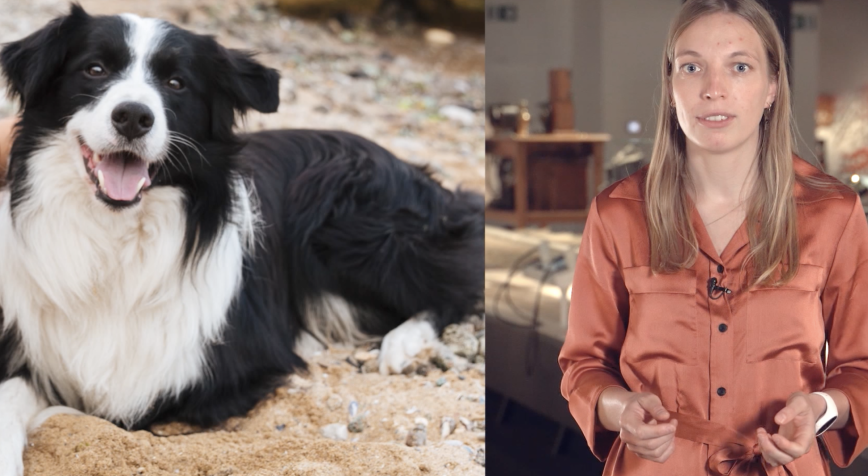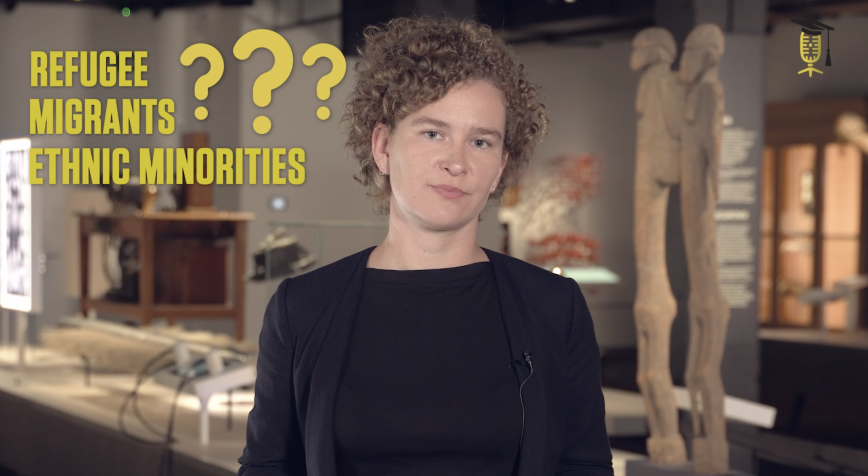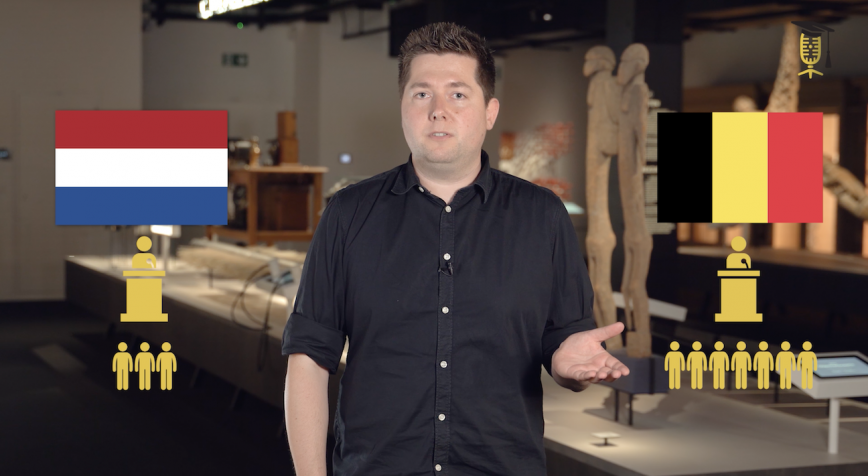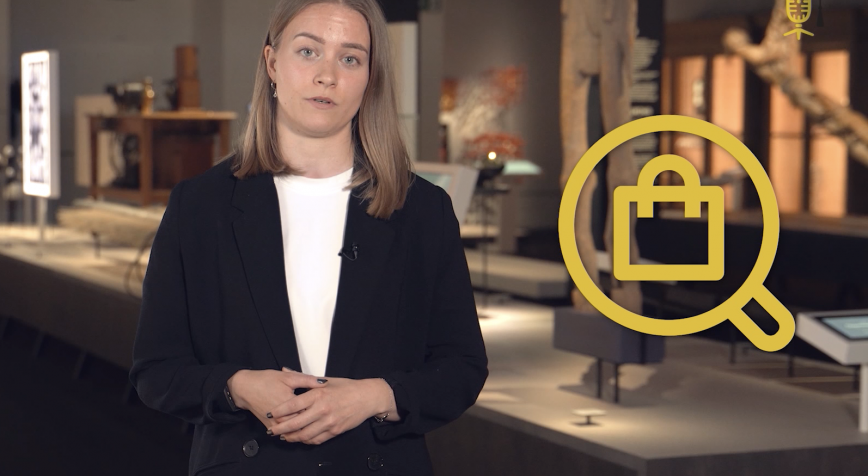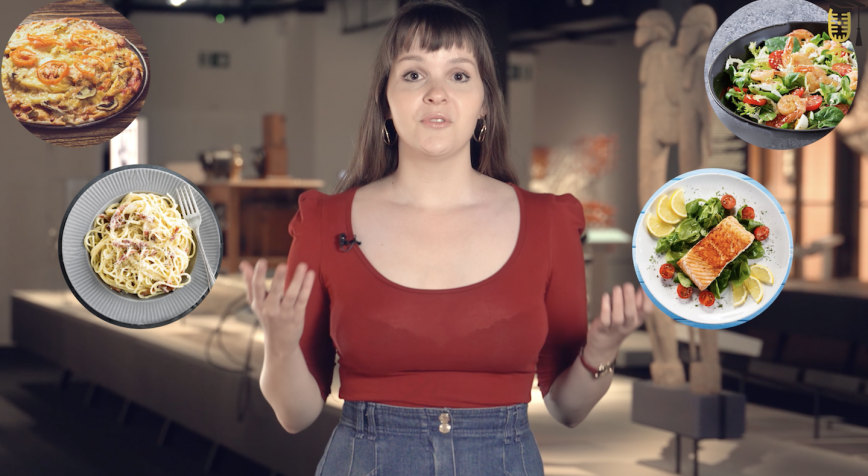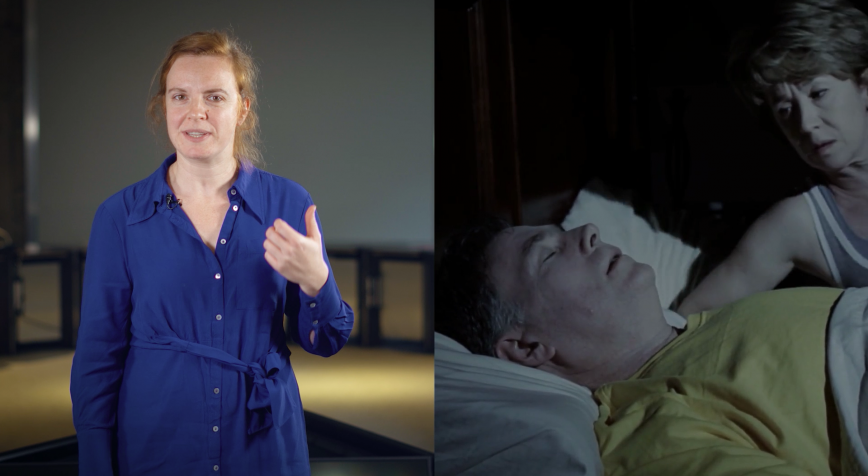
FWO
UAntwerpen
How to get rid of obstructive sleep apnea?
Snoring can be very annoying for your bed partner, but it can also seriously disrupt your own sleep as a snorer. Because did you know that snoring is sometimes accompanied by periods in which you literally stop breathing - sometimes even for minutes at a time? That is the case with obstructive sleep apnea. Marijke Dieltjens wants to restore peace and quiet in the bedroom by helping people who suffer from this with a small, personalized mouth brace. She explains how this works in this video.
